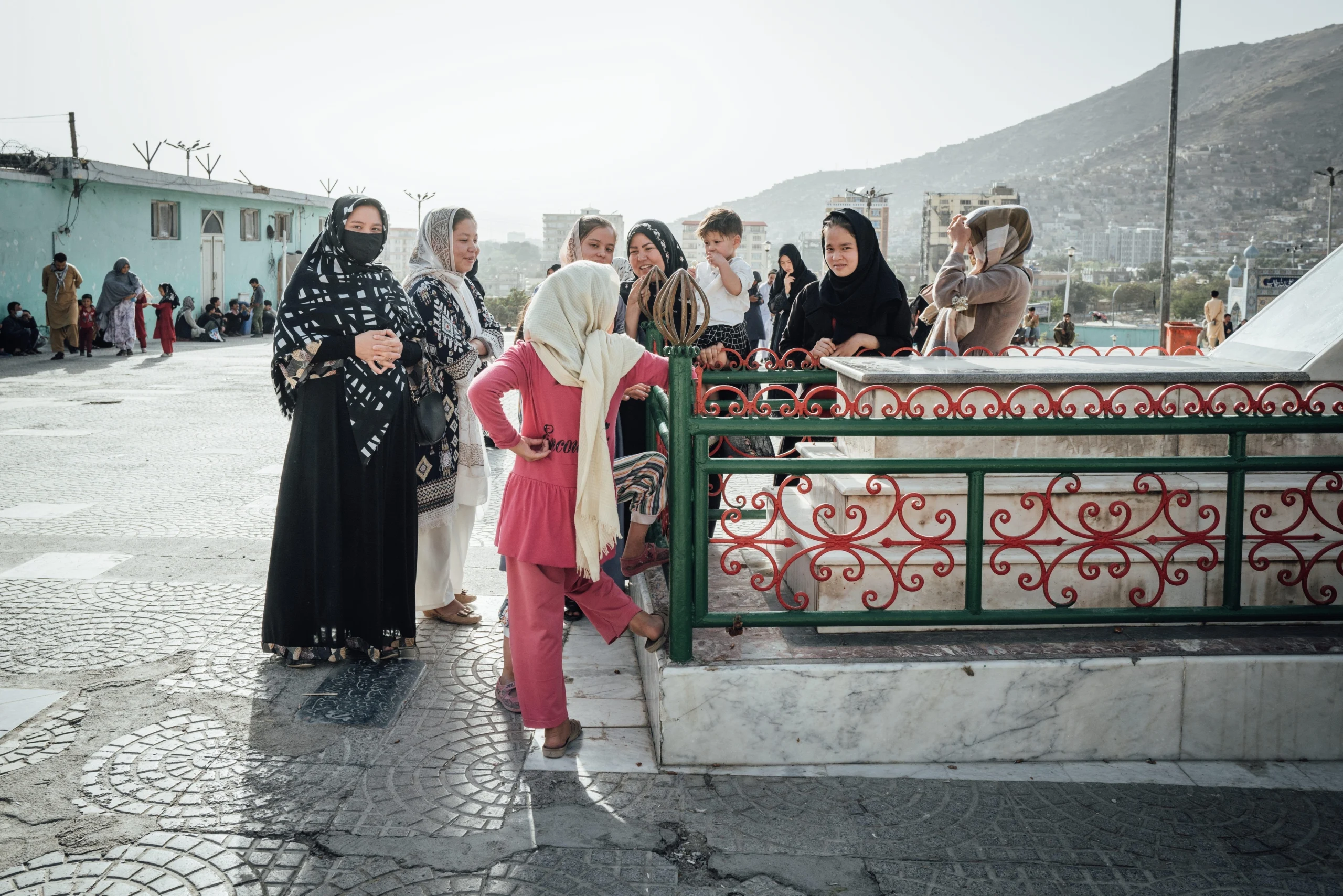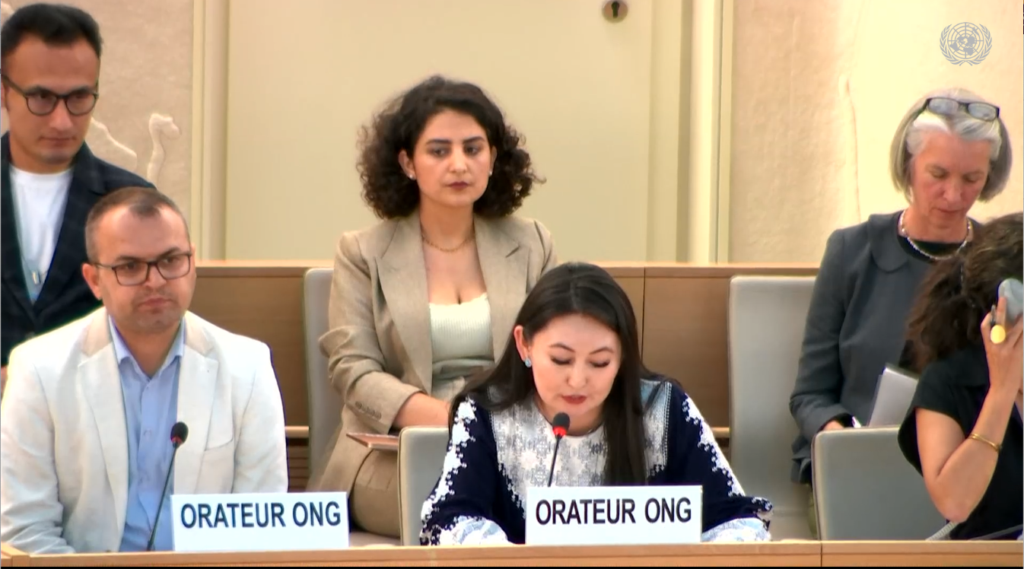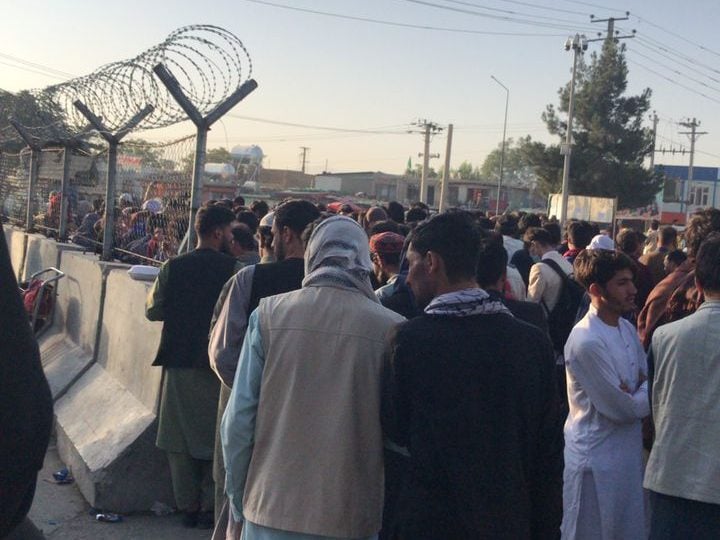
MRG alarmed by ongoing and systematic persecution of Hazaras
Minority Rights Group and Bolaq Analyst Network express alarm at the ongoing and systematic persecution of the Hazara religious minority in Afghanistan.
Hazaras face total political exclusion under the de facto authorities. This marginalisation is coupled with policies that threaten their survival and dignity. Across Hazara-populated districts, we are witnessing the forced displacement of families, the seizure of ancestral lands, and the resettlement of Taliban-affiliated individuals. In Khas Uruzgan alone, at least 14 Hazaras have been arbitrarily killed by Taliban-backed groups from neighbouring areas, forcing many families to flee, with their homes and lands subsequently confiscated.
The Law on Personal Affairs of Shi’a Muslims has been revoked, removing essential legal protections linked to Hazara religious identity.
Equally alarming is the confiscation and redistribution of humanitarian aid. In several districts, aid collected by Hazara communities is diverted by local authorities and channelled to Taliban supporters.
In education, Hazara lecturers and academics are being systematically removed and replaced with Taliban-aligned religious clerics.
We are particularly concerned by rising reports of gender-based violence against Hazara women and girls, including sexual violence, forced disappearances, and arbitrary detention. Those who formerly served in Afghanistan’s security forces are especially at risk, having been abandoned by the international community and left vulnerable to Taliban reprisals.
We urge this Council to establish an independent investigative mechanism with a comprehensive mandate, able to thoroughly investigate past and ongoing violations and crimes committed in Afghanistan, including against Hazaras. We also call on all stakeholders to ensure the full and meaningful inclusion of Hazaras in all processes concerning Afghanistan.
This statement was delivered at the 59th Session of the United Nations Human Rights Council, Monday 16th March 2025, by Homira May Rezai on behalf of Minority Rights Group and Bolaq Analyst Network under Item 2, the Enhanced Interactive dialogue on the report of the SR on Afghanistan.

Background
Hazaras speak a dialect of Dari (Farsi dialect) called Hazaragi and the majority of them follow the Shi’a (Twelver Imami) school of Islam. As a result, Shi’a Hazaras constitute a religious minority in a country where the majority practice Sunni Islam. Significant numbers of Hazaras are also followers of the Ismaili Shi’a school of Islam or are Sunni Muslims. Within Afghanistan, Hazaras are known for their distinctive music and literary traditions with a rich oral history, poetry and music. Hazaragi poetry and music are mainly folkloric, having been passed down orally through the generations.
Shi’a Hazaras are historically the most discriminated ethnic minority group in Afghanistan and have long faced violence and discrimination. Partly, this is to do with religious faith; historically, the Shi’a minority, regardless of ethnicity, has faced long-term persecution from the majority Sunni population. Well before the Taliban took control of Kabul on 15 August 2021, Hazaras faced an escalating campaign of violence by the Taliban and Islamic State – Khorasan as well as structural discrimination by the government in Kabul.
A wave of violence that deliberately targeted Hazara mosques, cultural and educational centres in Kabul and other provincial centres claimed the lives of several hundred Hazara civilians. Since coming to power, the Taliban have dismantled the constitutional order that provided the basic rights of the citizens of the country and have re-established the Islamic Emirate, which institutionalizes sectarian and ethnic discrimination towards Hazaras. Hazaras have lost virtually all influential posts in the government in Kabul, and the Taliban have appointed Pashtuns in positions of authority across Hazarajat.
Featured image: A group of young Hazara women on the steps of a mosque. 10 September 2021. Credit: Adrien Vautier / Le Pictorium / MAXPPP / Alamy Stock Photo.





